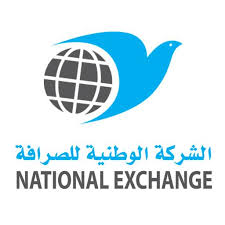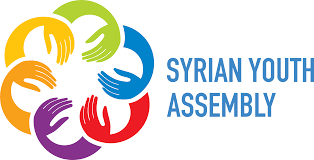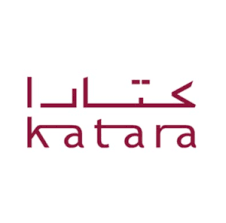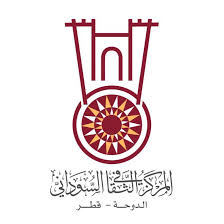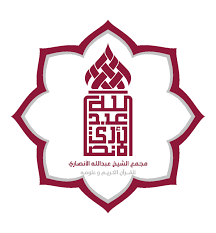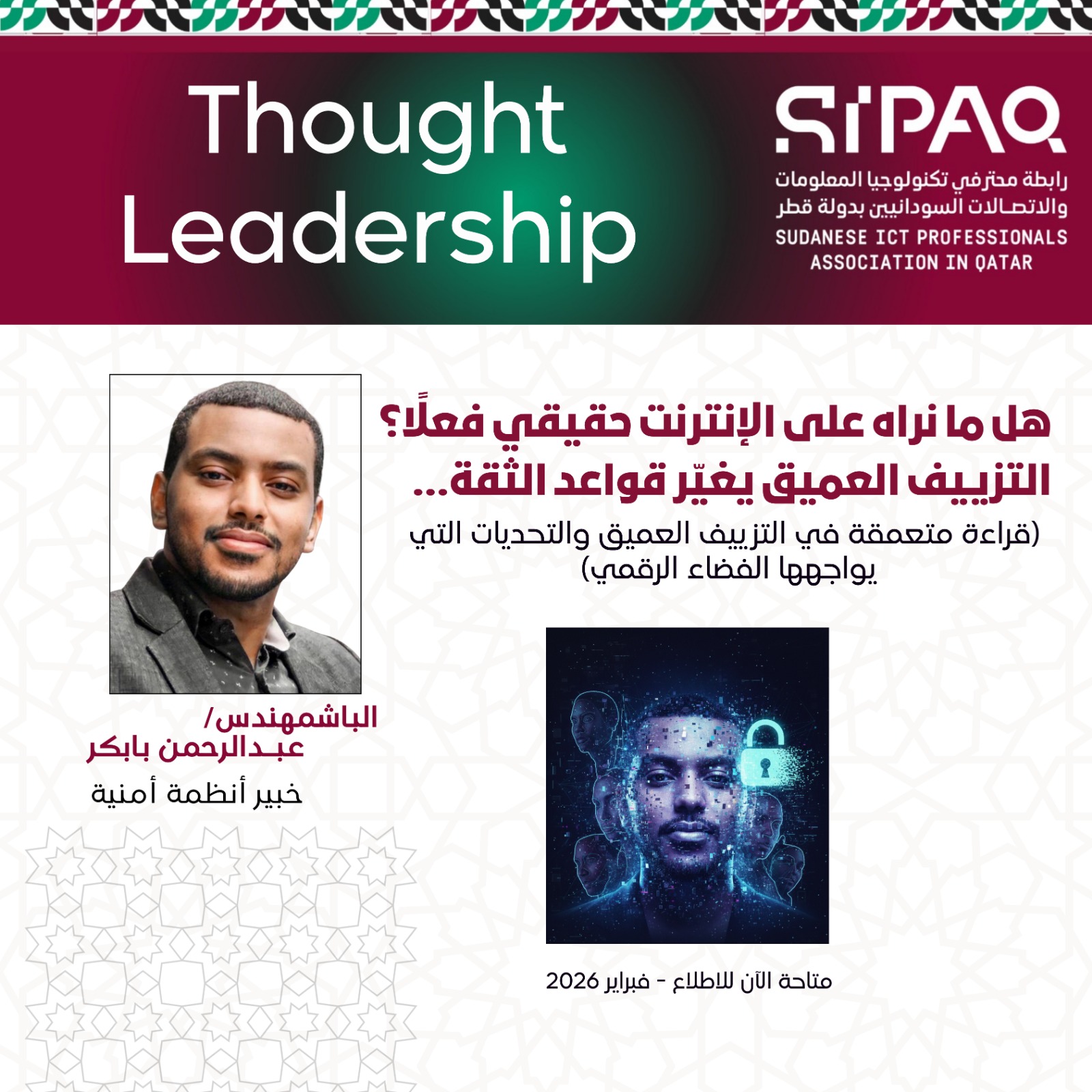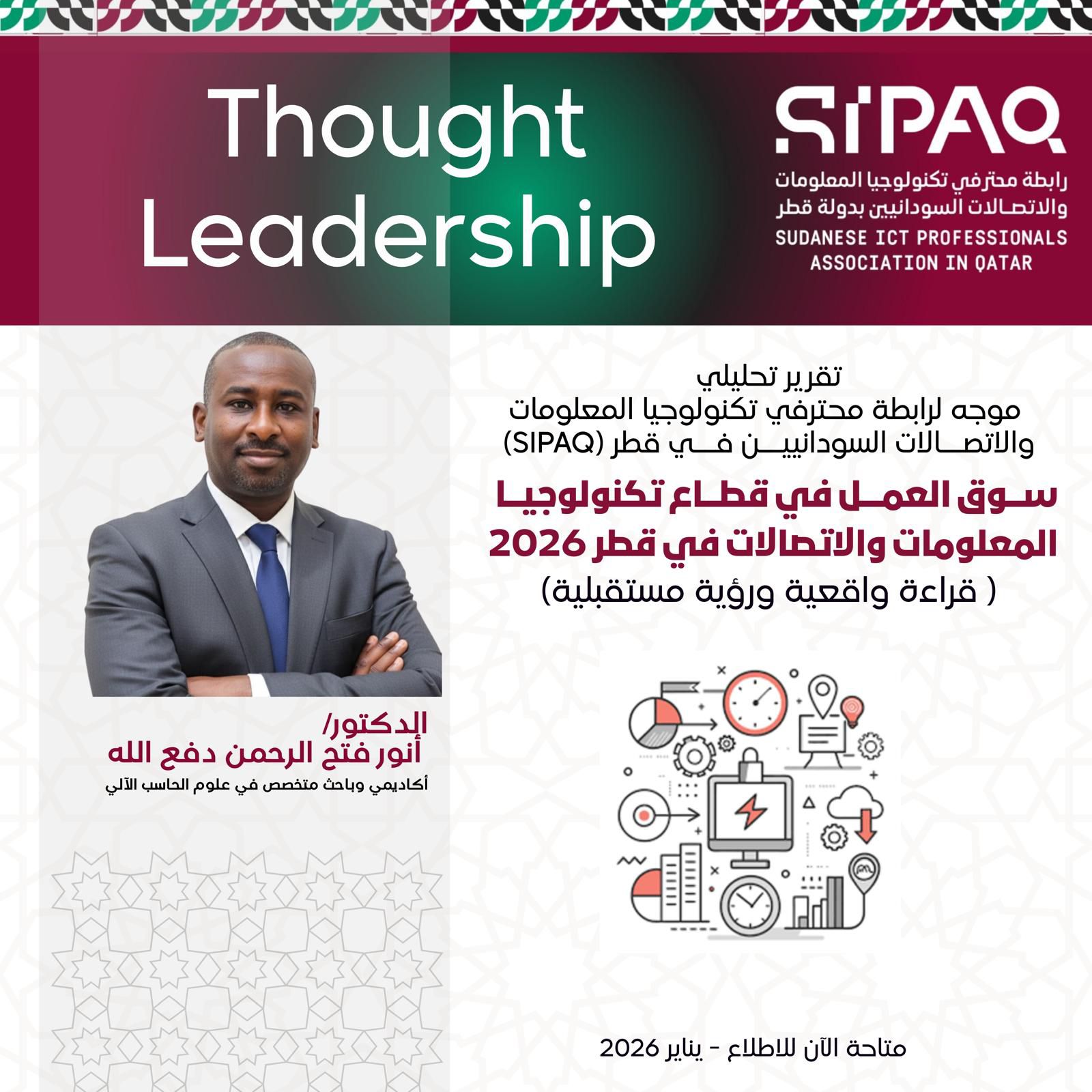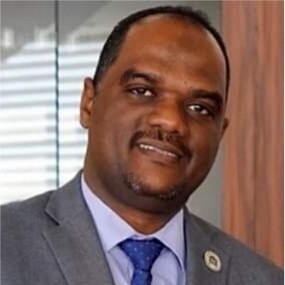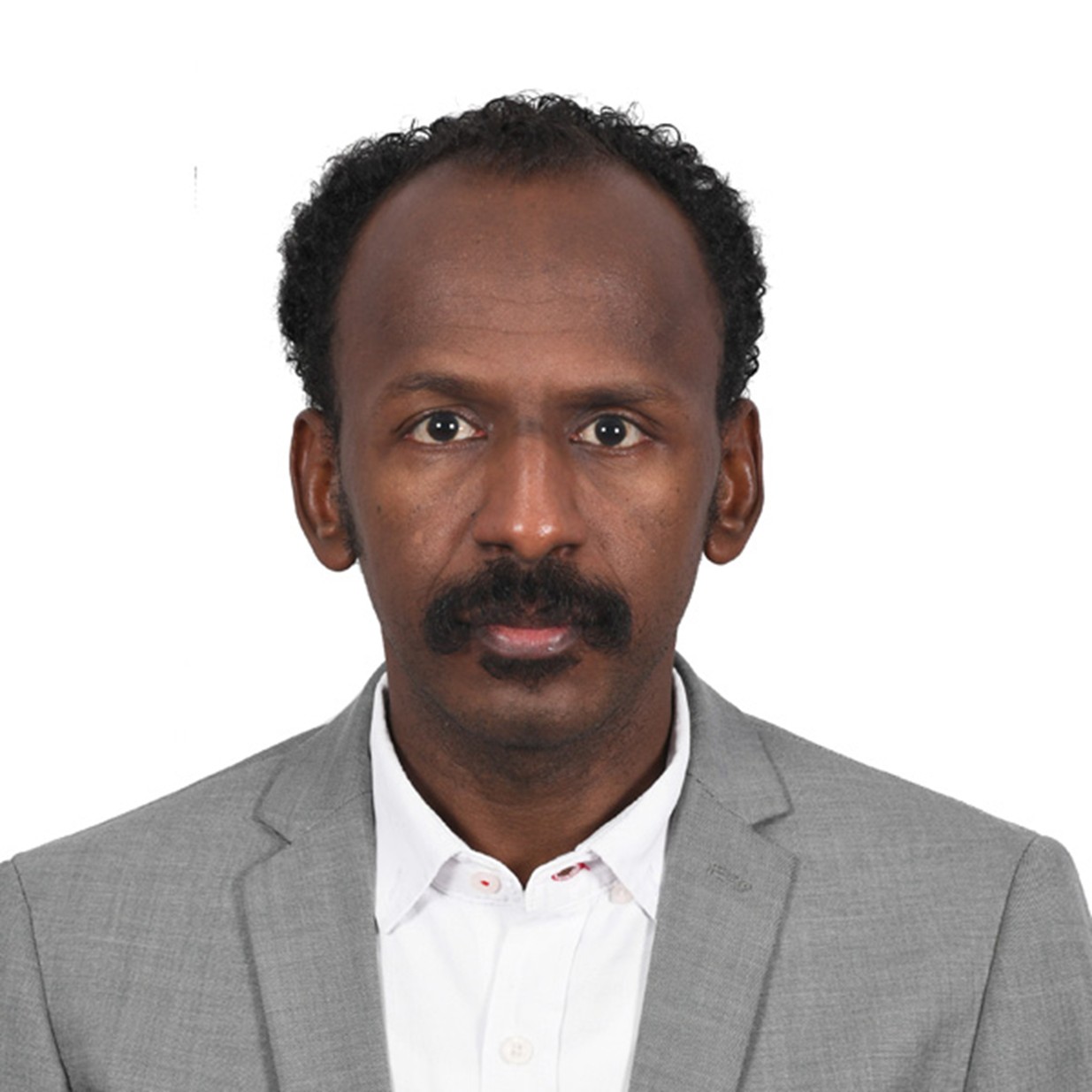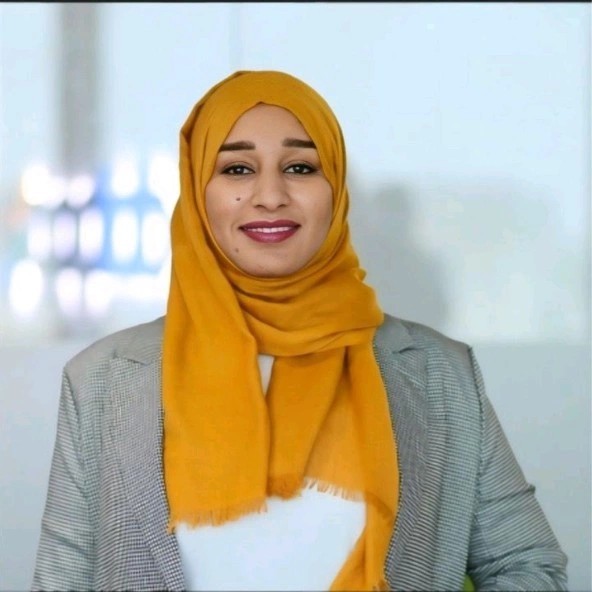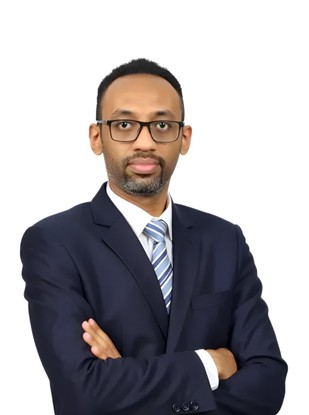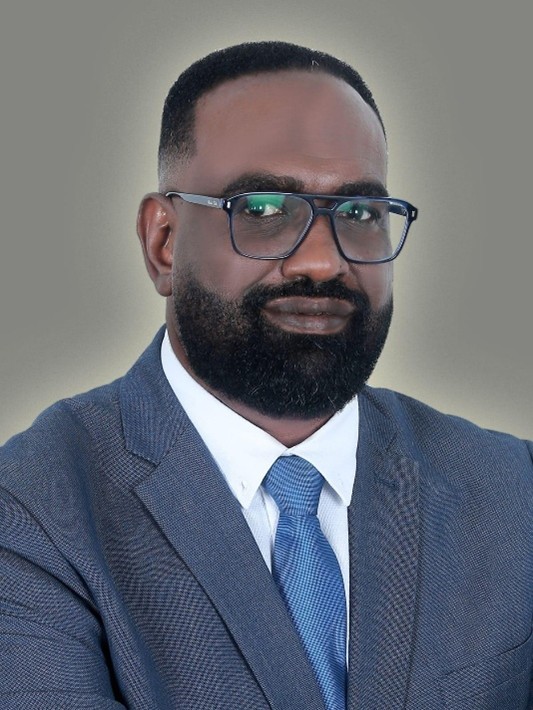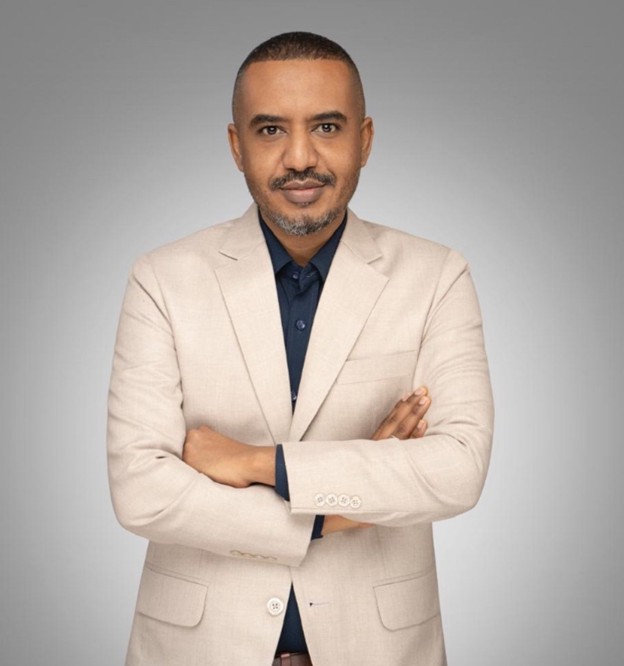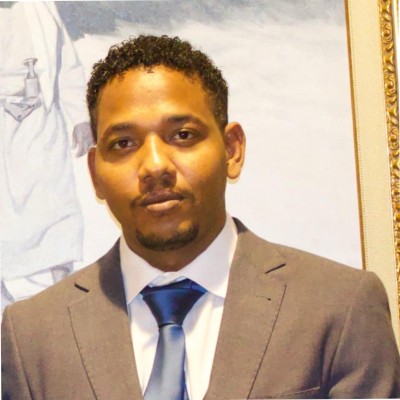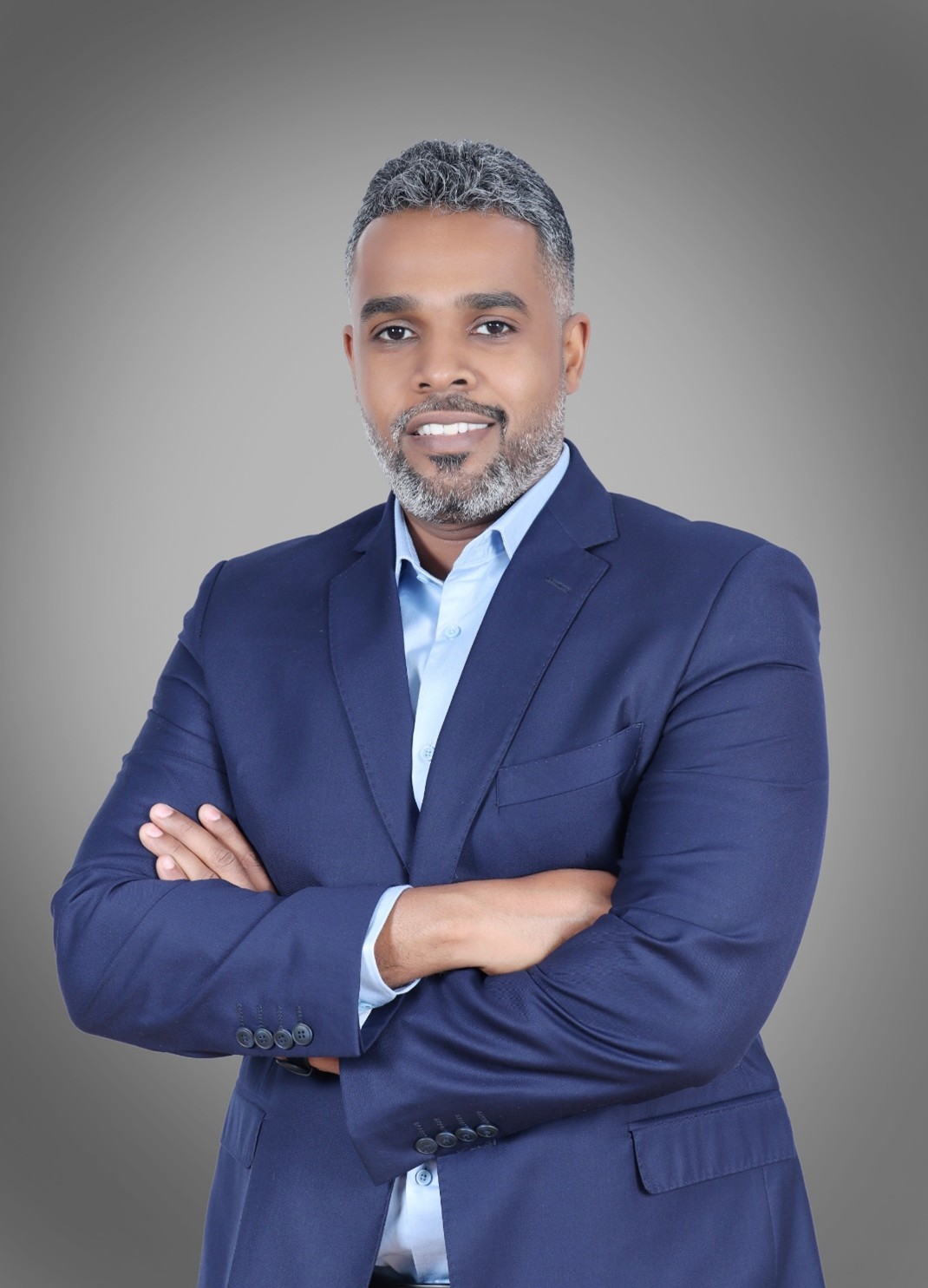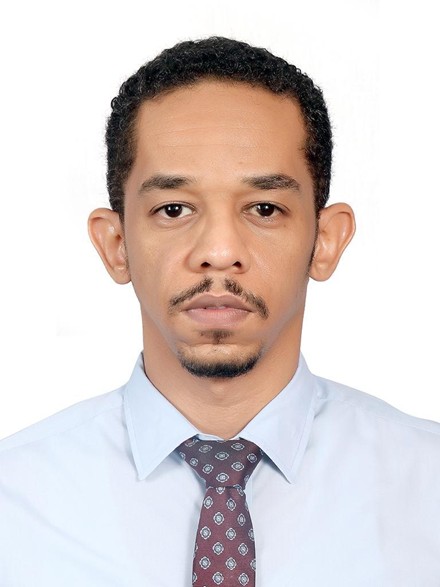SIPAQ Community
1000
Events
80
Partnerships
9
Professional and Managerial Development
- Workshops
- Lectures
Regular Activities and Events
- Activities
- Community Engagement
Professional Training and Qualification
- Training Courses
- Practical Training
Consultation and Technical Support
- Technical Consultations
- Technical Support
About SIPAQ
Empowering Sudanese Tech Talent in Qatar through a purpose-driven community, built on connection and committed to innovation, growth, and lasting impact.
SIPAQ, the Sudanese ICT Professionals Association in Qatar, was born on November 8, 2019 in the welcoming embrace of Doha, a land that brought together individuals from diverse backgrounds, each with a unique story and expertise.
What began as a shared ambition quickly evolved into a unified mission: to harness the collective strength of our experiences and transform it into a force for positive change.
We believe that while the impact of an individual is valuable, the power of a united community is boundless. SIPAQ is more than a gathering of professionals—it is a dynamic network where knowledge is exchanged, opportunities are created, and lives are uplifted.
Our purpose extends beyond borders. In Qatar, we empower peers and support ICT Sudanese job seekers, and in Sudan, we strive to enhance skills, foster innovation, and build technological capacities.
Together, we are shaping a future where collaboration drives progress, and our impact inspires a legacy of growth and transformation.
Vision
The Sudanese Association of Information Technology and Telecommunications Professionals in Qatar aims to become the driving force for innovation and excellence in the technology field among the Sudanese community, strengthening cultural and knowledge bridges between Sudan and Qatar.Mission
The association is committed to developing and supporting the professional skills of its members in information technology and telecommunications through educational programs, supporting scientific research, and enhancing professional cooperation between Sudan and Qatar, believing in the power of solidarity in achieving progress and sustainable development.2024-2026
The Executive Office
Executive Office
Secretariat
Academic, Training, and Development Office
Media & PR Office
Membership Office
Finance Office
The Advisory Council
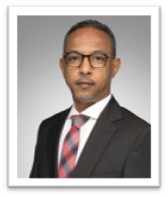
Bassam Fadul
Advisory Council President
Mutwakil Khairy
Member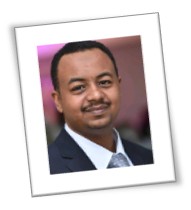
Sarya Mukhtar
Member
Hatem Balla
Member
Anwar Y. Alsidiq
Member
Tariq Alderdiri
Member
Mohammed Fagiri
MemberOur Partners
PARTNERS
